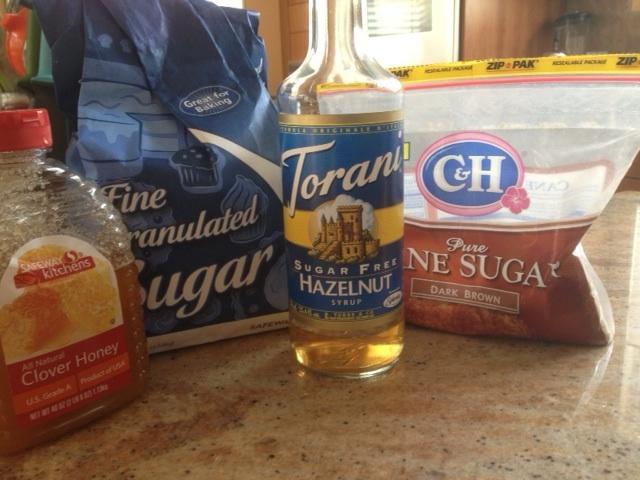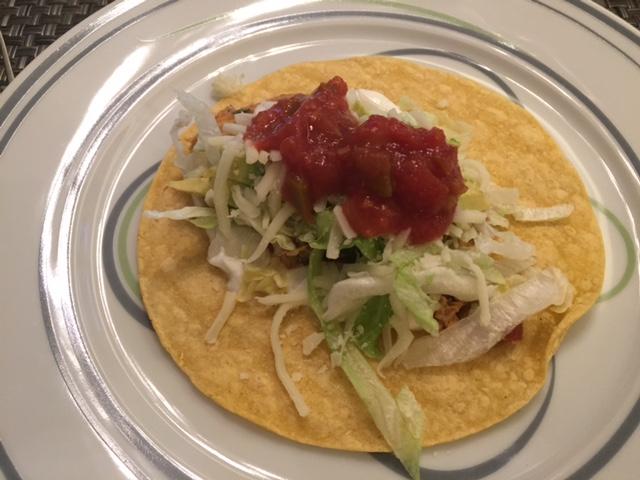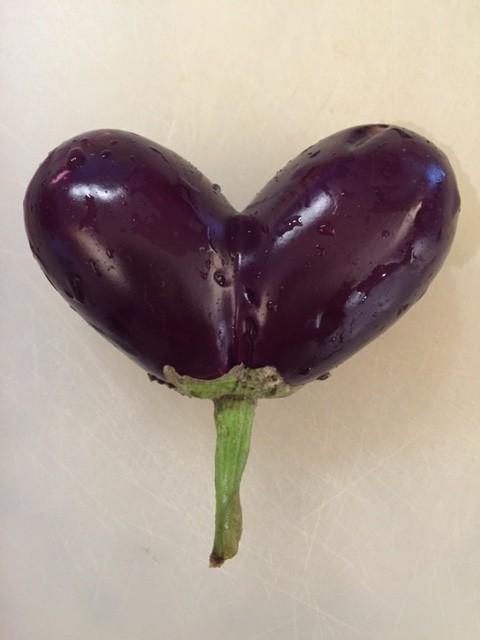There was a recent study done that shows sugar is actually more addictive than cocaine or heroin. By feeding rats Oreo cookies scientists studied the effect the cookies had on their brains. The pleasure center of the brain lit up like a Christmas tree. And the rats kept coming back for more. Sugar is addictive, no question about it. How many times have any of us opened a bag of M & M’s or a box of cookies only to realize a few minutes later we have eaten the entire package? We couldn’t stop.
You know it is an addiction when you always want more of something you have just eaten. And I think it is pretty safe to say it will be packed full of sugar. Other than calories, refined sugar has no redeeming or nutritional value. And it is in everything. From canned fruits, vegetables and meats to cereals, peanut butter, salad dressings and snacks all these foods have various forms of sugar added to them. Add in sodas, candies, desserts, pastas and breads and it is no wonder we are near comatose by the end of each day. We consume 10 times more sugar than any other food additive. From the moment we wake up our day is filled with eating foods with sugar in it.
It is no wonder we are packing on the pounds. Almost everything we eat has added calories in the form of sugar and since sugar is addictive, we eat more of everything because we can’t stop ourselves. All around us we are seeing the effects of this sugar addiction. Seventy-three percent of Americans are overweight or obese. Six percent of us are morbidly obese. The rise in obesity is escalating for our children. Today there are over 12 million children who are obese in the US.
Sugar addiction is wreaking havoc on our health. With the rise in obesity has come the rise in heart disease, stroke, cancer, and diabetes along with many other diseases. The financial and emotional cost to families and the nation are crippling. This is the reality of any addiction, isn’t it? It comes with an enormous cost and ultimately can destroy our lives.
The World Health Organization (WHO) just came out with an updated recommendation further limiting our sugar intake. WHO is dropping our daily intake of sugar from 10% to 5% of our total food consumption. This amounts to about 6 teaspoons of sugar per day. In reality a US adult consumes about 42.5 teaspoons of sugar a day. We have a long way to go to get to 6 teaspoons. Seeing that our daily intake is more than 7 times what it should be puts a glaring spot light on the magnitude of our sugar addiction. It is no wonder our health is being impacted.
We have no choice but to face our sugar addiction to save our lives. But how can we go about reducing our sugar consumption? Here are some simple steps:
- Start reading the labels on the canned and packaged foods you buy. If it has added sugar, including corn syrup don’t buy it. Choose a different brand.
- Buy Reduced Sugar and Sugar free varieties of jams, sauces, dips, snacks and treats, etc.
- If you drink sodas convert to be “diet” or zero calorie (Sodas represent 33% of our daily sugar intake)
- Choose cereals that are unsugared then add fruit and sugar substitutes to them
- Bake with sugar substitutes like Stevia. Here are two recipes to enjoy from my previous blogs: Chocolate Banana Muffin, State of Slim Cinnamon-Pumpkin Protein Pancakes
- Make your own snacks rather than buying pre-packaged ones. Here are a few choices to consider: Yummy “Cream Cheese” Dip Made With Greek Yogurt, PB2 Chocolate Hazelnut Smoothie, State of Slim Pancakes Made Into PB2 and Sugar Free Jelly Sandwiches
Small steps can make a big difference. Truly embracing and understanding the magnitude of our sugar addiction and how it is affecting our lives is critical. To help us “get it” Katie Couric and Laurie David have produced a movie FED UP, which premieres on May 9. Let’s all go. Small steps can help us kick the sugar addiction and improve our health.





